A survey carried out on the veterinary profession in Ireland showed that poor wages, long working hours and physical and mental stress were some of the reasons vets would not choose a career in veterinary if they had the choice again.
However, after taking a deeper look into the survey and talking to Veterinary Ireland chief executive Finbarr Murphy, despite the issues, over two-thirds of vets would actually do veterinary again if they got the chance.
Among the reasons participants were happy they chose a veterinary career were because it is enjoyable, their work is diverse and shows variety and there is good interaction with clients (both human and animal) as well as being, interesting, challenging and rewarding.
Working hours
"We did a benchmark survey in 2013 so we were able to compare the figures," Murphy said.
"There has been an improvement of about 11 hours from 95 hours per week of the average working week, including on-call for all vets in private practice, down to 84 hours per week."
Despite the 11-hour reduction, these are still very long working weeks.
The survey showed that equine vets have the longest working week, averaging 101 hours per week including on-call.
Vets in a food animal practice (dairy, cattle, sheep, etc) work on average 96 hours per week.
Companion animal vets have the shortest working week, averaging out at 65 hours per week.
Balance
Finbarr said that this issue of work-life balance is not a case of the lack of vets, as there are actually more vets now than ever, but more of a case of improving on-call arrangements with both private practices and the State.
Murphy said that because hours in larger animal practices are longer, it is very hard to attract vets into this area.
"We are going to put in place a working group now to try and come up with solutions to how we address this issue of on-call and work-life balance within the profession.
"We would be looking for central Government funding to support out-of-hour services," he said.
Murphy highlighted the lack of funds distributed to support veterinary services in comparison to health care services.
"If you take GPs, the State provides probably €120m per annum in funding to support the infrastructure for providing the out of hours service alone in terms of the call centres, the drivers, the cars, before the GPs are paid at all.”
In saying this, Finbarr said that the GP model per se is not exactly what they are looking for, but believes extra supports are needed.
“We want to ensure the maintenance of a very responsive service to the public. It’s no good having a regionalised service that you could be waiting three hours when your cow is calving to see a vet.”
Murphy said that "veterinary is a vocation, vets love the job they do and the variety of it and just because 60% would choose the same career again if they had the choice doesn't mean they aren't concerned about the poor working conditions, work-life balance, those are still issues".




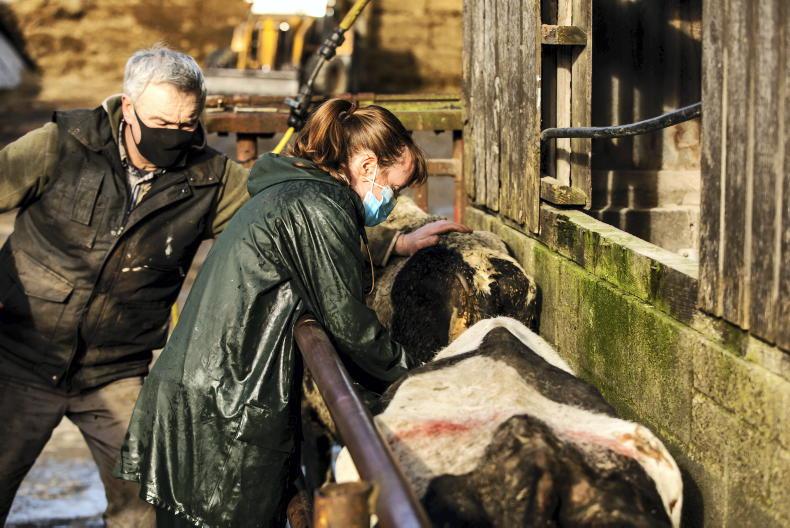
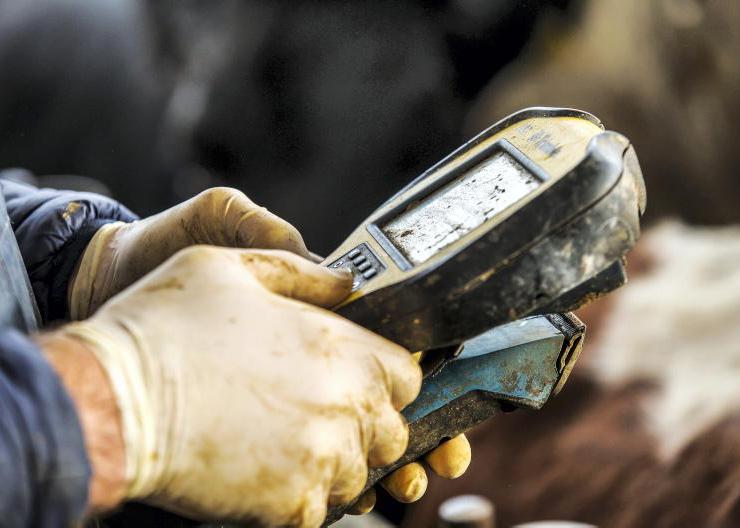

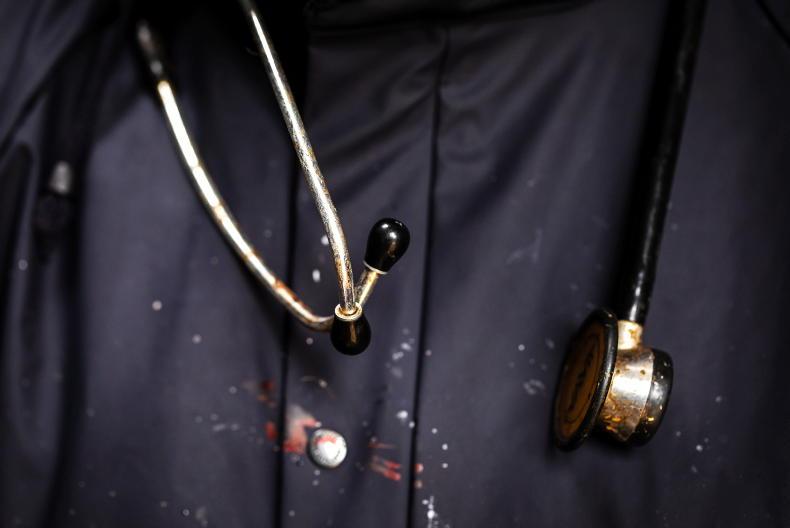
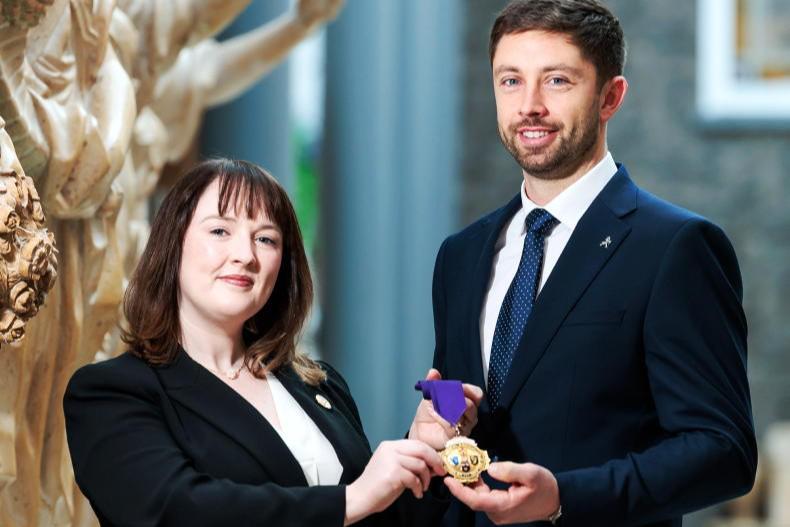
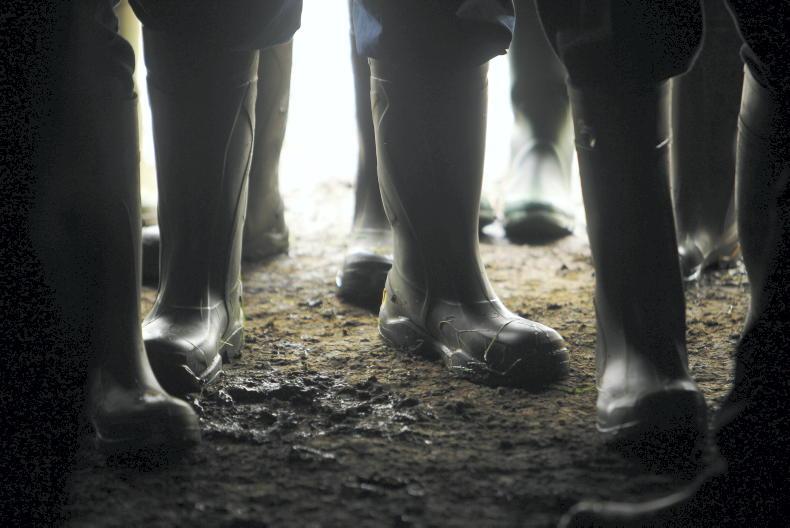
SHARING OPTIONS